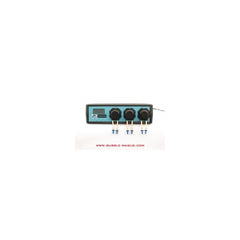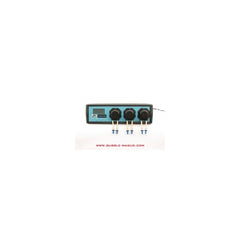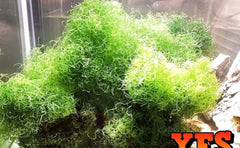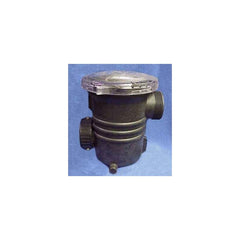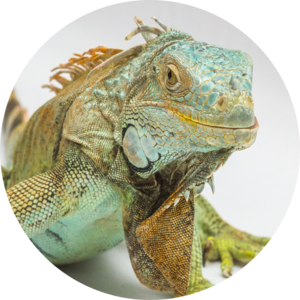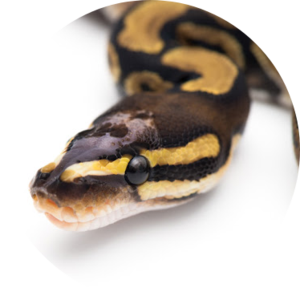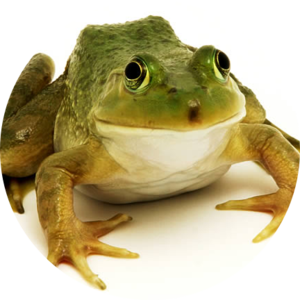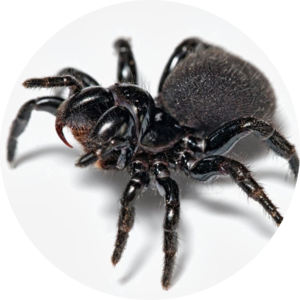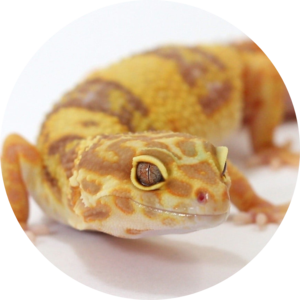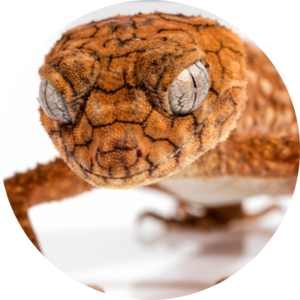X2 Assorted Favia Brain Corals - Medium Size 3" - 5" - Favia Sp.

x2 ASSORTED FAVIA BRAIN CORALS - MEDIUM SIZE 3" - 5" - FAVIA SP. - FREE SHIPPING
*This Package is for x2 (TWO) Assorted Favia Brain Corals
Approx: 3" - 5" Each
Care Level: Easy
Temperament: Aggressive
Lighting: Moderate
Waterflow: Medium
Placement: All
Favia corals are fairly common LPS coral in a lot of reef aquariums and in nature. Some of the species most often found are Favia rosaria, Favia matthaii, Favia lizardensis, Favia stelligera, and many others. The common names for Favia corals include, moon coral, green moon coral, pineapple coral, brain coral, closed brain coral, and star coral. They are in the Faviidae family of corals.
Favia corals come from a very large range of depths and habitats so placement, flow, and lighting will need to be experimented with a little in the reef aquarium. One good thing that makes their captivity in the home aquarium easier is that they are fairly hardy. This also makes them an ideal beginner coral.
The Favia Corals are large polyp stony (LPS) corals often referred to as Moon, Pineapple, Brain, Closed Brain, Star, Worm, or Honeycomb Coral. They are the most common and prolific coral in the world, and are very similar to the genus Favites, sharing many of the same common names, and sometimes being very difficult to differentiate. Favia Corals are found in various color forms and polyp shapes. "Pineapple Coral" is the name commonly given to those that have smaller circular patterns.
The Favia Corals are aggressive, expanding their sweeper tentacles at night well beyond the base. It is important to leave space between them and neighbors in the reef aquarium. Maintenance for the Favia Corals is relatively easy, making them excellent choices for the beginner to expert hobbyist. They require moderate lighting combined with moderate water movement within the aquarium. For continued good health, calcium, strontium, and other trace elements should be added to the water. It will also benefit from the addition of supplemental food in the form of micro-plankton or brine shrimp, fed twice per week in the evening while its tentacles are visible.
QUESTIONS & ANSWERS
Have a Question?
Be the first to ask a question about this.



